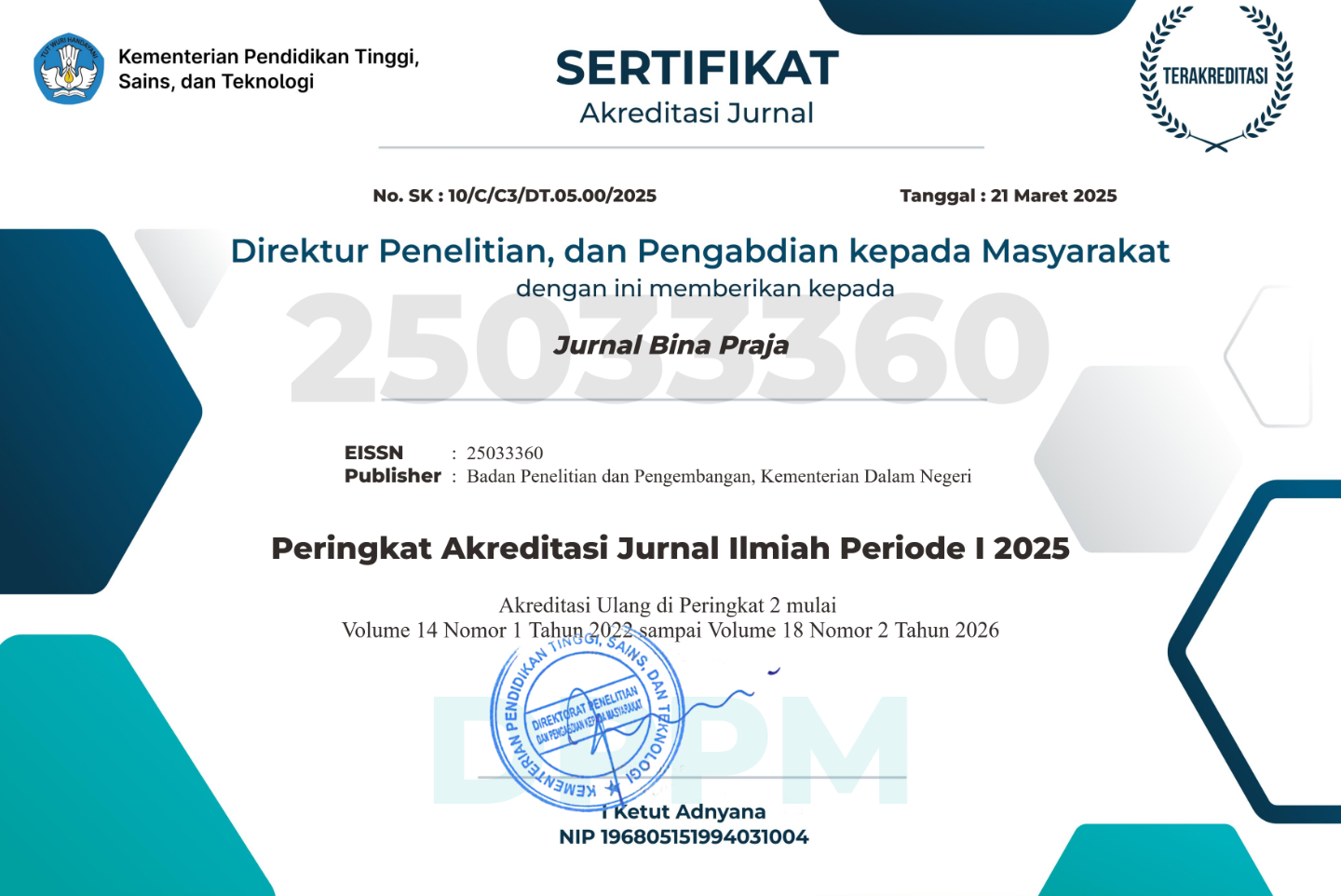Examining Social Media Framing of Artificial Intelligence, AI Governance Structure, and Public Perception
DOI:
https://doi.org/10.21787/jbp.16.2024.615-627Keywords:
Artificial Intelligence, AI Governance, Media Coverage, Sentiment Analysis, Social MediaAbstract
Effective governance frameworks are becoming increasingly important as Artificial Intelligence (AI) pervades all strata of society. This study examines the importance of social media in influencing public discourse and perception of issues related to AI governance. Specifically, the study examines social media coverage of Artificial Intelligence and AI governance structures. It also examines how the social media representation of AI may impact public understanding and inform policy decisions. Ultimately, it examines the potential of social media as a tool for promoting informed public debate and contributing to the development of responsible AI governance. The study adopts a multi-method approach, combining sentiment analysis and content analysis. The unit of analysis for the study comprises posts on social media platforms and stories from major online news sources over six years (2019–2024). The study adopts the machine learning analytic tool, Mentionlytics, to generate its data. The methodology combines both human and Mentionlytics categorization of themes, including societal implications, technical breakthroughs, and ethical considerations. Sentiment analysis is also used to monitor shifts in public perception and social media coverage over time of AI governance issues. The findings of the study add to the ongoing conversation about maximizing the benefits of AI while minimizing its potential concerns.
Downloads
References
Alshaer, M. (2023). A Systematic Review of the Use of Artificial Intelligence in Managing Innovation in E-government Organizations Worldwide. International Journal of Technology and Systems, 8(2), 65–81. https://doi.org/10.47604/ijts.2164
Batool, A., Zowghi, D., & Bano, M. (2025). AI Governance: A Systematic Literature Review. AI and Ethics, 5(3), 3265–3279. https://doi.org/10.1007/s43681-024-00653-w
Bostrom, N., & Yudkowsky, E. (2014). The Ethics of Artificial Intelligence. In K. Frankish & W. M. Ramsey (Eds.), The Cambridge Handbook of Artificial Intelligence (pp. 316–334). Cambridge University Press. https://doi.org/10.1017/CBO9781139046855.020
Corrêa, N. K., Galvão, C., Santos, J. W., Del Pino, C., Pinto, E. P., Barbosa, C., Massmann, D., Mambrini, R., Galvão, L., Terem, E., & de Oliveira, N. (2023). Worldwide AI Ethics: A Review of 200 Guidelines and Recommendations for AI Governance. Patterns, 4(10), 100857. https://doi.org/10.1016/j.patter.2023.100857
Entman, R. M. (1993). Framing: Toward Clarification of a Fractured Paradigm. Journal of Communication, 43(4), 51–58. https://doi.org/10.1111/j.1460-2466.1993.tb01304.x
Floridi, L., Cowls, J., Beltrametti, M., Chatila, R., Chazerand, P., Dignum, V., Luetge, C., Madelin, R., Pagallo, U., Rossi, F., Schafer, B., Valcke, P., & Vayena, E. (2018). AI4People—An Ethical Framework for a Good AI Society: Opportunities, Risks, Principles, and Recommendations. Minds and Machines, 28(4), 689–707. https://doi.org/10.1007/s11023-018-9482-5
Jobin, A., Ienca, M., & Vayena, E. (2019). The Global Landscape of AI Ethics Guidelines. Nature Machine Intelligence, 1(9), 389–399. https://doi.org/10.1038/s42256-019-0088-2
Kaplan, A., & Haenlein, M. (2019). Siri, Siri, in My Hand: Who’s the Fairest in the Land? On the Interpretations, Illustrations, and Implications of Artificial Intelligence. Business Horizons, 62(1), 15–25. https://doi.org/10.1016/j.bushor.2018.08.004
Maas, M. M. (2023). Concepts in Advanced AI Governance: A Literature Review of Key Terms and Definitions. SSRN Electronic Journal. https://doi.org/10.2139/ssrn.4612473
McCormack, L., & Bendechache, M. (2025). A Comprehensive Survey and Classification of Evaluation Criteria for Trustworthy Artificial Intelligence. AI and Ethics, 5(3), 1973–1994. https://doi.org/10.1007/s43681-024-00590-8
Metzger, M. J., & Flanagin, A. J. (2013). Credibility and Trust of Information in Online Environments: The Use of Cognitive Heuristics. Journal of Pragmatics, 59, 210–220. https://doi.org/10.1016/j.pragma.2013.07.012
Papagiannidis, E., Mikalef, P., & Conboy, K. (2025). Responsible Artificial Intelligence Governance: A Review and Research Framework. The Journal of Strategic Information Systems, 34(2), 101885. https://doi.org/10.1016/j.jsis.2024.101885
Ribeiro, D., Rocha, T., Pinto, G., Cartaxo, B., Amaral, M., Davila, N., & Camargo, A. (2025). Toward Effective AI Governance: A Review of Principles. https://doi.org/10.48550/arXiv.2505.23417
Tallberg, J., Erman, E., Furendal, M., Geith, J., Klamberg, M., & Lundgren, M. (2023). The Global Governance of Artificial Intelligence: Next Steps for Empirical and Normative Research. International Studies Review, 25(3). https://doi.org/10.1093/isr/viad040
Zerilli, J., Knott, A., Maclaurin, J., & Gavaghan, C. (2019). Transparency in Algorithmic and Human Decision-Making: Is There a Double Standard? Philosophy & Technology, 32(4), 661–683. https://doi.org/10.1007/s13347-018-0330-6
Zhou, K., & Gattinger, G. (2024). The Evolving Regulatory Paradigm of AI in MedTech: A Review of Perspectives and Where We Are Today. Therapeutic Innovation & Regulatory Science, 58(3), 456–464. https://doi.org/10.1007/s43441-024-00628-3
Downloads
Published
How to Cite
Issue
Section
License
Copyright (c) 2024 Author(s)

This work is licensed under a Creative Commons Attribution-NonCommercial-ShareAlike 4.0 International License.















